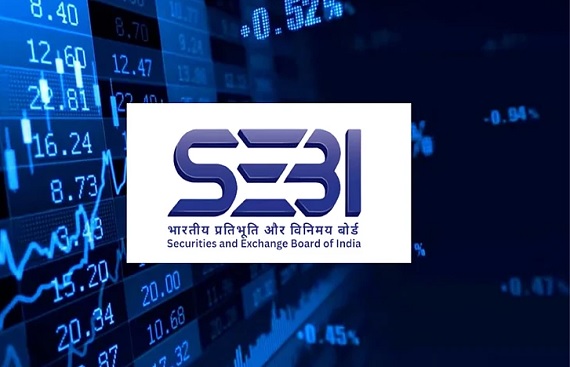Sebi Redefines IPO Playbook for India's Biggest Firms
By
siliconindia | Tuesday, August 19, 2025

- Sebi proposes a three-tier minimum public offer rule for large IPOs, replacing the current one-size-fits-all 10% requirement.
- Big companies may get up to 10 years to meet the 25% minimum public shareholding norm.
- The 35% retail investor quota in IPOs will remain unchanged, even for jumbo issues.
The Securities and Exchange Board of India (Sebi) has proposed new rules to make it easier for the country’s biggest firms to go public. The market regulator has suggested easing the minimum public offer (MPO) requirements and giving companies more time to meet the minimum public shareholding (MPS) norms. These proposals have been sent to the government for changes in the Securities Contracts (Regulations) Rules.
At present, companies with a post-issue market value of over Rs 1 lakh crore must sell at least 10% of their equity in an IPO. Sebi now wants to replace this single threshold with a three-tier system. Under the proposal, companies valued between Rs 50,000 crore and Rs 1 lakh crore would need to offer at least 8% shares, with a minimum value of Rs 1,000 crore. Those worth between Rs 1 lakh crore and Rs 5 lakh crore would dilute at least 2.75%, or a minimum of Rs 6,250 crore. For the very largest firms valued above Rs 5 lakh crore, the floor would be 2.5%, or Rs 15,000 crore.
Securities and Exchange Board of India (Sebi) has also proposed extending timelines for firms to reach 25% public shareholding. Companies valued between Rs 50,000 crore and Rs 1 lakh crore would get five years instead of three. Firms worth more than Rs 1 lakh crore would have tiered timelines up to 10 years if they list with less than 15% public holding, and five years if they start with more.
The regulator also wants the relaxed timelines to cover existing listed companies that have not yet reached 25% public shareholding. This includes those still within their compliance window, as well as firms that are already non-compliant.
Sebi explained that large IPOs are difficult for markets to absorb in one go. Forcing big firms to sell too much stock too quickly could hurt valuations. It pointed out that mega-listings such as Life Insurance Corporation of India and Hyundai Motor India have shown that smaller floats can still ensure liquidity, with shareholder bases and trading activity similar to Nifty 100 firms.
Importantly, Sebi has decided to retain the 35% retail quota for all IPOs, including jumbo offerings. It believes the proposed changes in MPO rules will make large listings more manageable without reducing retail participation.

